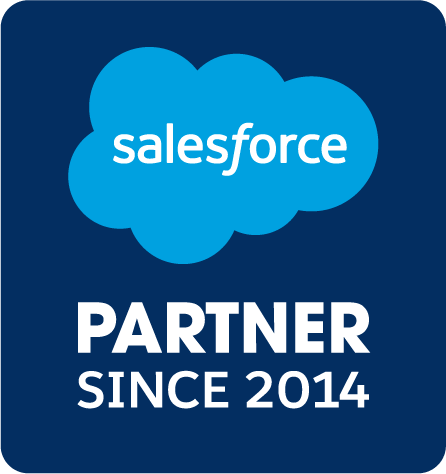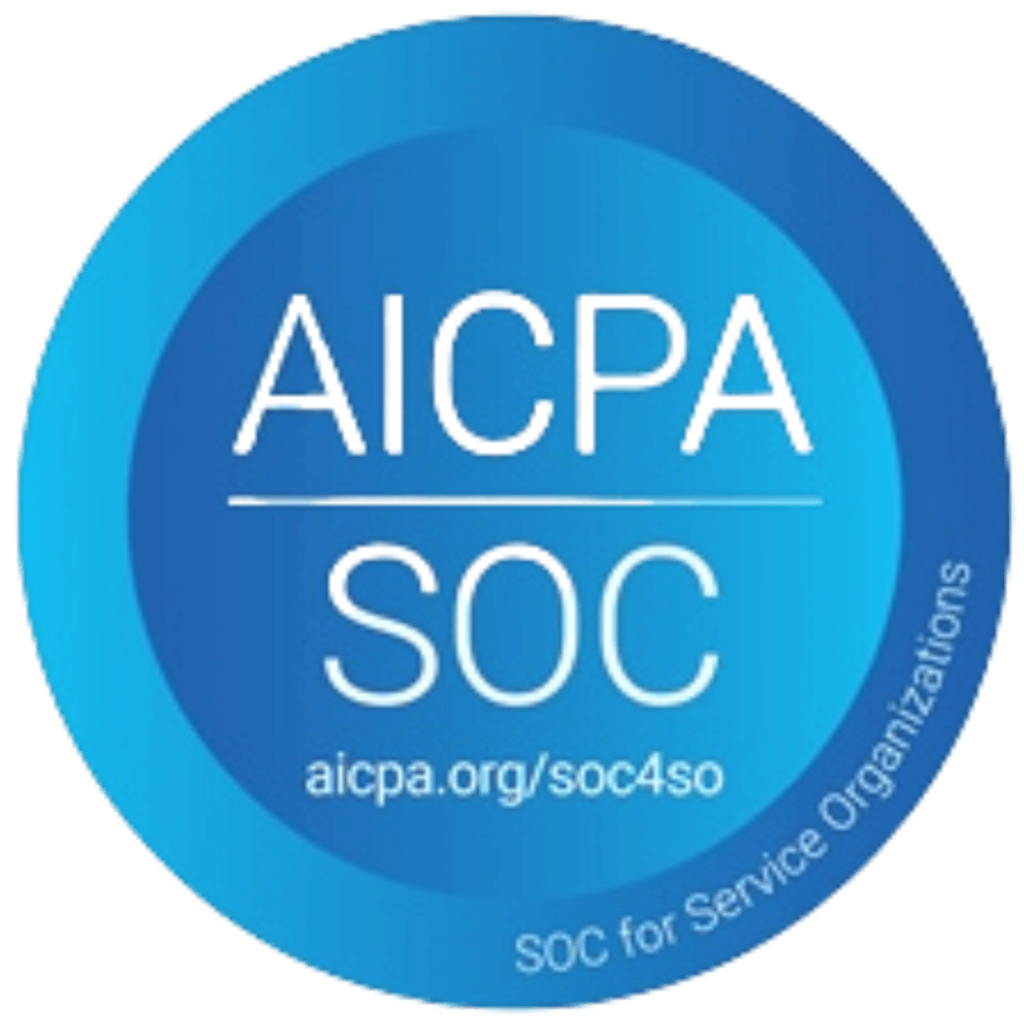As we mentioned in our previous article, Financial Compliance: Which Regulations must be considered? compliance was born in the financial sector to minimize risk related to crime, cybersecurity, and data safety. Then, what compliance agencies relate to your business? There are several organizations that regulate standards based on the types of data and procedures your business has in place. Because we frequently help companies in the financial industry integrate with Salesforce, we are familiar with many of the considerations under which they must operate.
US Financial Compliance Agencies
US law is very clear on financial regulations. Companies and entrepreneurs need to understand these standards and ensure their business meets any relevant requirements. It’s not an easy job, but it’s a task that must be done. Here are four of the more important agencies you will need to collaborate with to meet some of your compliance requirements:
Securities and Exchange Commission (SEC):
Firstly, the SEC was created in 1934 as an answer to the financial crisis of 1929. Its main duty is to regulate the stock market. The SEC requires public corporations to register their stock sales so they can identify stockholders. This procedure increases trust in investors in an environment where transparency is the bedrock.
Federal Deposit Insurance Corporation (FDIC):
In 1933, the Glass-Steagall Act created the FDIC to insure consumer deposits and to increase trust in the financial sector in the aftermath of the Great Depression. Deposits from banks that are insured by the FDIC are covered in case of bankruptcy, protecting consumer cash. The FDIC also closely examines bank activities to ensure they are behaving as federal norms require.
Federal Financial Institutions Examination Council (FFIEC):
The FFIEC is an agency that establishes guidelines and norms for financial institutions that directly impact their compliance policies. Where can any company review these guidelines? The FFIEC IT Examination Handbook is your bible. Divided into 11 booklets, it has all that you need for compliance-driven management.
Financial Crimes Enforcement Network (FinCEN):
This organization is an important network to investigate individuals related to financial crimes like money laundering or financing of terrorism. Its regulations require financial institutions to provide information for any investigated individual. As you might imagine, these procedures are confidential so demand careful collaboration and expertise from the financial institutions when managing this highly sensitive data.
Other useful resources
Selecting and implementing the correct set of standards can be difficult but ignoring compliance altogether will create issues you can avoid. If you are now aware of it, you may want to delegate someone in your company to manage the compliance requirements. This worker will have to collaborate with the necessary public agencies directly or a private auditing agency to help bring you into compliance.
Here are some websites that may help you think about the considerations impacting your company:
- SecurIT: This portal groups regulations according to each industry. This is very helpful information since you will be able to know which compliance standards you should, at a minimum, consider for your business.
- TCDI: This blog emphasizes the importance of compliance and cybersecurity. There is also an extensive list of organizations that regulate compliance. All of these might be enough for a general overview.
All of these standards demand good data storage strategies. There is no way to succeed at complying with the agencies if your company is not able to store and report data. If you are a Salesforce customer, congratulations! You are on a great platform to keep your customer data safe. If not, we’ve helped financial services and fintech customers integrate with Salesforce, always mindful of their compliance requirements. In fact, while many of our resources are nearshore, we opened an onshore office in 2020 to help us meet the compliance needs of these customers.
Finally, your internal communications are just as important as your customer data, and subject to compliance regulations. If you need to keep all your employee messages archived in a trusted platform, like your Salesforce org, Slack can be a good choice for you and your team.






